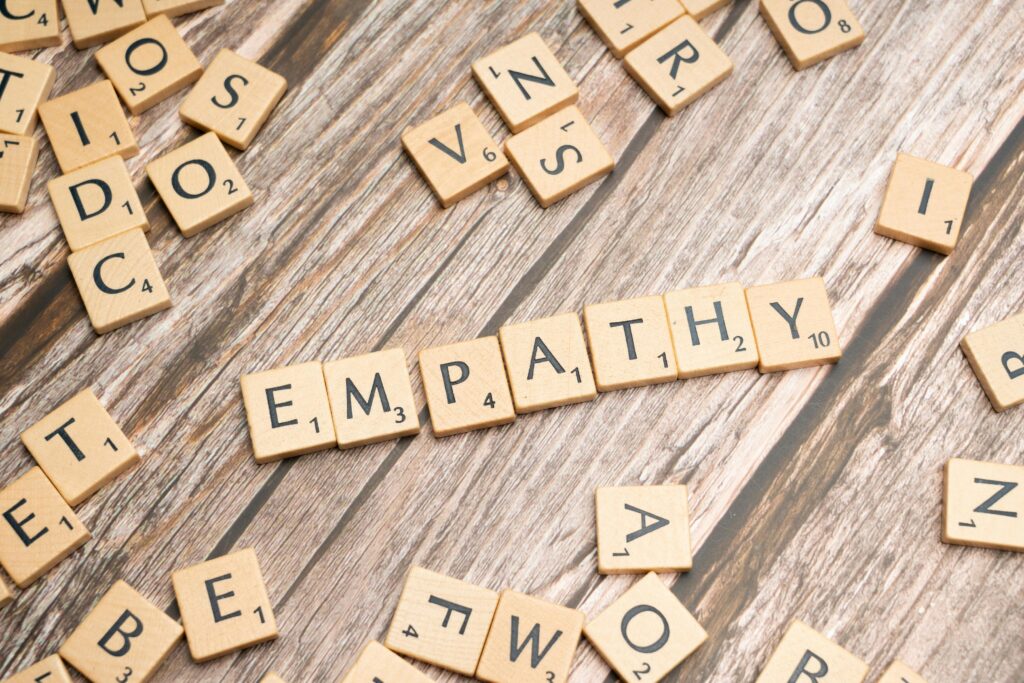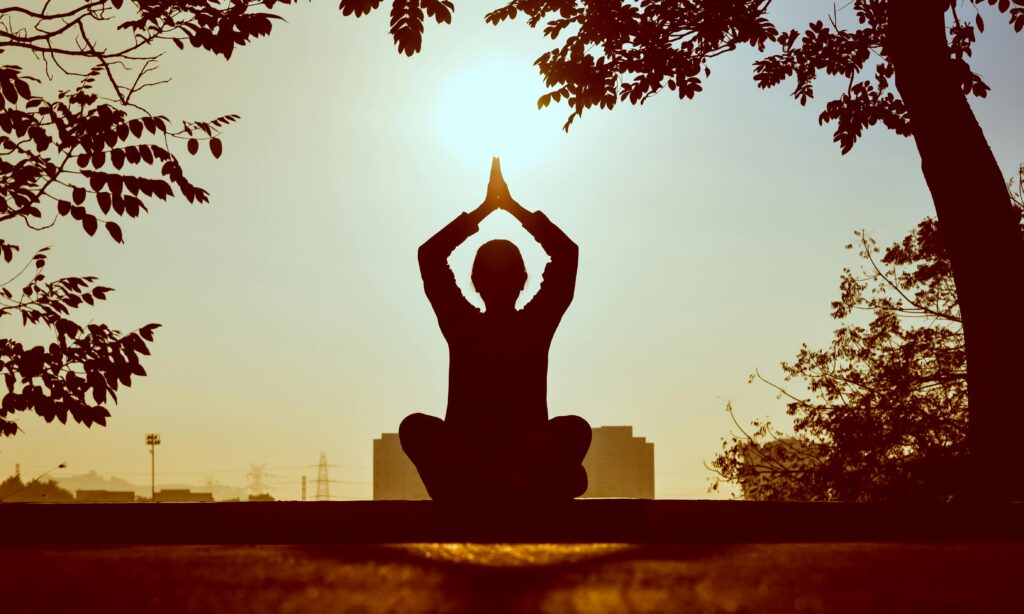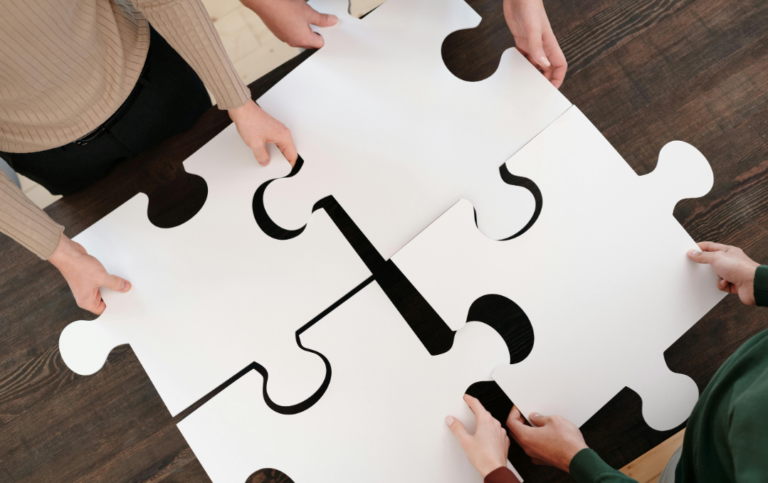"Self-discipline is the bridge between your goals and your accomplishments, forged with the steel of resilience and the fire of determination."
Self-discipline is often viewed through a traditional lens: waking up early, sticking to routines, and resisting temptations. But there are deeper, less explored aspects of self-discipline that can lead to profound personal growth and achievement. This article will venture into these uncharted territories, shedding light on unconventional practices and perspectives that can enhance your self-discipline journey.
The Science of Neuroplasticity and Self-Discipline

- Rewiring the Brain: Neuroplasticity, the brain’s ability to reorganize itself by forming new neural connections, plays a crucial role in developing self-discipline. By intentionally practicing new habits and behaviors, you can rewire your brain to enhance self-control and resilience. This involves more than just willpower; it’s about creating lasting changes in brain structure.
- Mindful Awareness: Incorporating mindfulness into your daily routine can significantly impact your self-discipline. By practicing mindful awareness, you train your brain to focus on the moment, reducing the impact of distractions and enhancing your ability to make conscious choices. This form of mental training helps in developing a stronger, more disciplined mind.
The Role of Emotional Intelligence in Self-Discipline

- Emotional Regulation: Self-discipline isn’t just about controlling actions; it’s also about managing emotions. Emotional intelligence (EQ) involves recognizing, understanding, and managing our emotions and the emotions of others. High EQ enables better stress management, impulse control, and decision-making, all of which are essential components of self-discipline.
- Empathy and Connection: Developing empathy can enhance self-discipline by fostering a deeper connection with others and a better understanding of how your actions impact them. This social awareness can motivate you to stay disciplined, not just for personal gain, but also for the help of those around you.
The Power of Environmental Design
- Shaping Your Environment: Your surroundings have a significant influence on your behavior. By designing your environment to support your goals, you can enhance self-discipline effortlessly. This involves decluttering your workspace, setting up reminders, or creating a dedicated space for focused activities.
- Digital Detox: In today’s digital age, constant connectivity can be a major distraction. Implementing regular digital detoxes – periods when you disconnect from digital devices – can help you regain focus, reduce stress, and strengthen self-discipline. This practice encourages you to be more intentional with your time and attention.
Harnessing the Power of Visualization and Affirmations


- Mental Rehearsal: Visualization techniques, often used by athletes, can be a powerful tool for self-discipline. By mentally rehearsing your goals and the steps needed to achieve them, you reinforce neural pathways part of success. This makes the actual execution of tasks feel more familiar and achievable.
- Positive Affirmations: Repeating positive affirmations can reprogram your subconscious mind, fostering a disciplined mindset. Affirmations like “I am in control of my actions” or “I am committed to my goals” can help build a strong foundation for self-discipline by instilling a sense of confidence and determination.
Exploring the Spiritual Dimensions of Self-Discipline

- Meditative Practices: Incorporating meditative practices like yoga, Tai Chi, or breathwork can enhance self-discipline by promoting inner peace and mental clarity. These practices help you develop greater control over your mind and body, making it easier to stay disciplined in all areas of life.
- Purpose-Driven Discipline: Connecting your self-discipline efforts to a higher purpose or spiritual belief can give a powerful motivator. When your actions align with your core values and beliefs, maintaining discipline becomes a meaningful try rather than a mere obligation.
Personal Reflections on Self-Discipline
Reflecting on my own journey with self-discipline, I’ve discovered that it’s not just about rigid routines or sheer willpower. It’s about understanding and leveraging the complex interplay of mind, emotions, and environment. For instance, practicing mindfulness has significantly improved my ability to stay focused and make intentional choices.
Designing my environment to decrease distractions has also been a game-changer. By decluttering my workspace and establishing clear boundaries for work and leisure, I’ve created a more conducive setting for disciplined action. Additionally, incorporating visualization and affirmations into my daily routine has reinforced my commitment to my goals.
The spiritual aspect of self-discipline has been particularly impactful. Engaging in meditative practices and aligning my efforts with my core values has added a deeper sense of purpose to my discipline. It’s no longer just about achieving external success, but also about cultivating inner peace and fulfillment.
Conclusion
Self-discipline is a multifaceted journey that goes beyond traditional practices. By exploring uncharted territories like neuroplasticity, emotional intelligence, environmental design, visualization, and spiritual dimensions, you can unlock new levels of discipline and personal growth. Embrace these unconventional paths and discover the profound impact they can have on your life. Remember, self-discipline is not just about control; it’s about creating a harmonious and purposeful existence.







qcqlsf